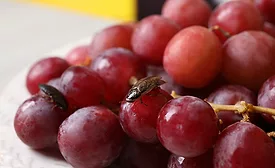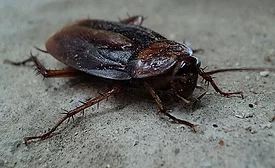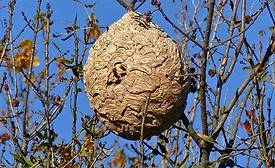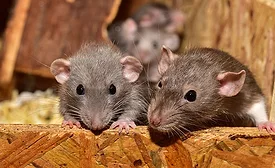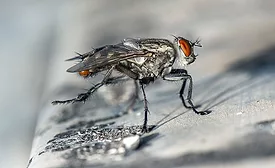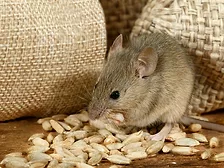Chelle Hartzer, M.Sc., BCE
Chelle Hartzer, M.Sc., BCE, is a consulting entomologist at 360 Pest and Food Safety Consulting and has been helping clients solve complicated pest issues for over a decade. Chelle holds an M.Sc. in entomology from Kansas State University and is a board-certified entomologist (BCE) in urban and structural entomology. She is also a Preventive Controls Qualified Individual and earned her Lean Six Sigma Green Belt.
ARTICLES
Never miss the latest news and trends driving the food safety industry
Newsletters | Website | eMagazine
JOIN TODAY!Copyright ©2026. All Rights Reserved BNP Media.
Design, CMS, Hosting & Web Development :: ePublishing
